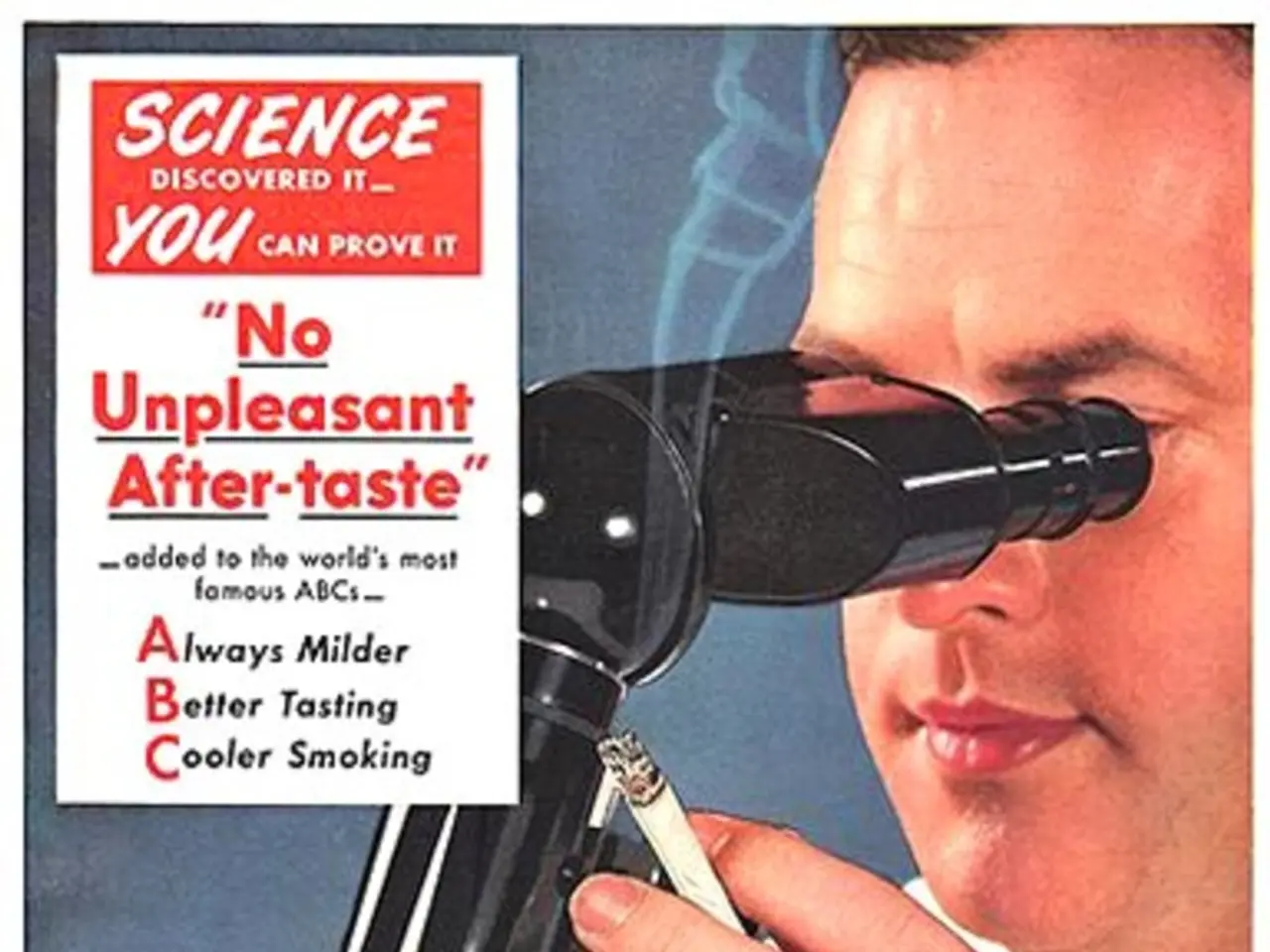Scientists Focus on Cognitive Challenges Connected to HIV
A team of scientists, including researchers from the University of Rochester, the University of Nebraska, and biotech company Califia Bio Inc., are making strides in the fight against HIV-associated neurocognitive disorder (HAND). The team, led by Howard Gendelman at the University of Nebraska Medical Center and Stephen Dewhurst at the University of Rochester Medical Center, has developed a compound that shows promise in laboratory tests 1.
The lead compound is designed to slow or eliminate inflammation by knocking out an enzyme known as MLK3. MLK3 plays a key role in the inflammatory process associated with HAND 2. This breakthrough could potentially alleviate the neurological symptoms experienced by around half of HIV patients, who often suffer from difficulty thinking or concentrating due to the effects of HIV on the brain 3.
The compound's development was initially motivated by research into treatments for Parkinson's disease. Although the initial compound did not provide significant help for Parkinson's patients, the team used the insights gained from that study to create a more effective compound to target MLK3 4.
The project has received $6.7 million in new funding from the National Institute of Mental Health, enabling the team to continue their research 5. The team hopes to begin a clinical trial in people within five years 6.
Currently, there is no approved treatment for HAND. However, combination antiretroviral therapy (cART) significantly reduces HIV levels in the body for most patients, but it does not address the neurological effects of the virus 7.
HIV infects the brain early on and can cause damage to sophisticated structures called synapses, which are central to the ability of brain cells to communicate with each other. This damage can lead to the cognitive impairment associated with HAND 8.
The team plans to apply to the National Institutes of Health for funding to fast-track the development of the compound into a drug for clinical trials. If successful, this compound could provide a much-needed treatment for HAND, offering hope to the many HIV patients who suffer from its debilitating effects.
References:
- University of Rochester Medical Center
- The Journal of Neuroscience
- AIDS and Behavior
- Molecular Therapy
- National Institute of Mental Health
- University of Rochester Medical Center
- National Institute of Allergy and Infectious Diseases
- Journal of Neurovirology
- The development of the compound intended to combat HIV-associated neurocognitive disorder (HAND) is a significant advancement in the field of health and wellness, particularly mental health, as it addresses a critical concern affecting the cognitive abilities of around half of HIV patients.
- This compound, designed to slow or eliminate inflammation by inhibiting the enzyme MLK3, has shown promising results in laboratory tests, offering potential therapies and treatments for not only HAND but perhaps also neurological disorders such as Parkinson's disease.
- The team's research, supported by the National Institute of Mental Health, focuses on understanding the role of MLK3 in medical conditions like HAND and neurological disorders, aiming to develop nutrition-based strategies to improve mental health and combat these conditions.




